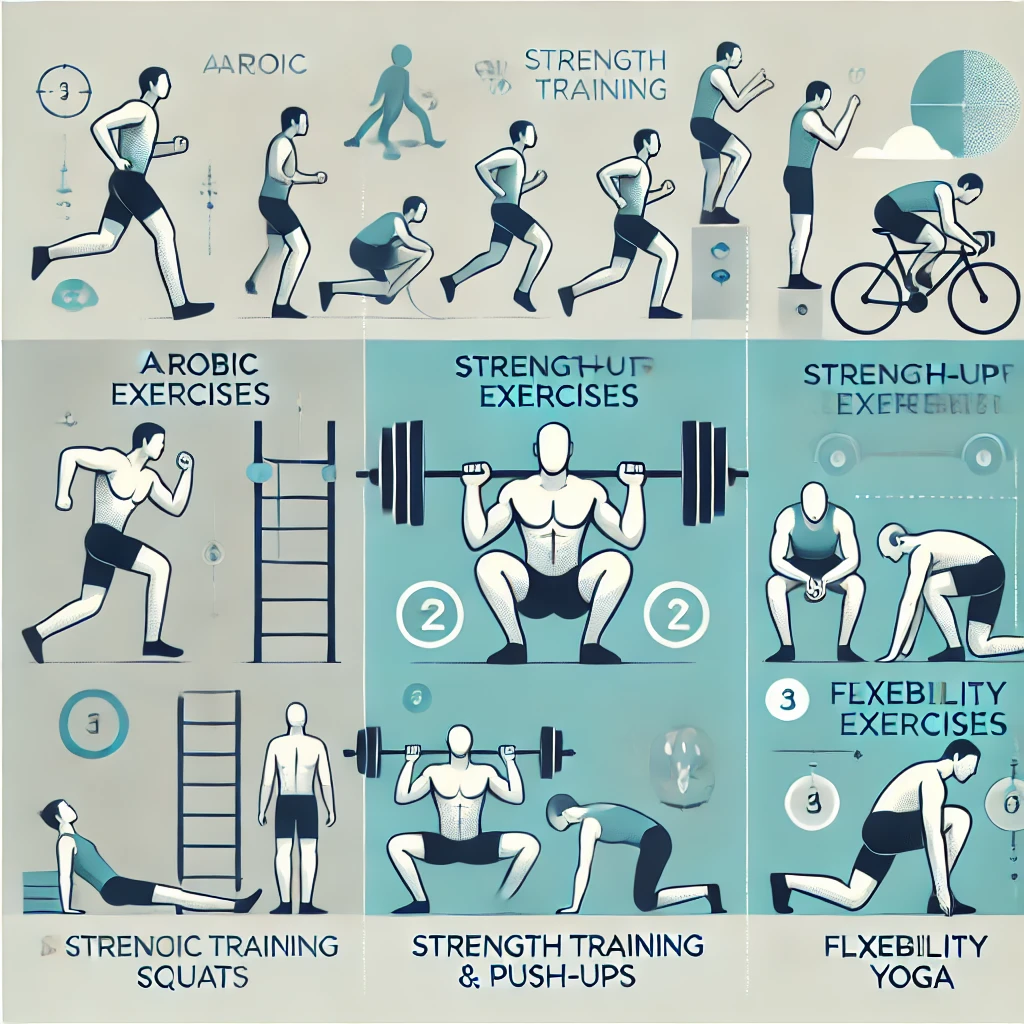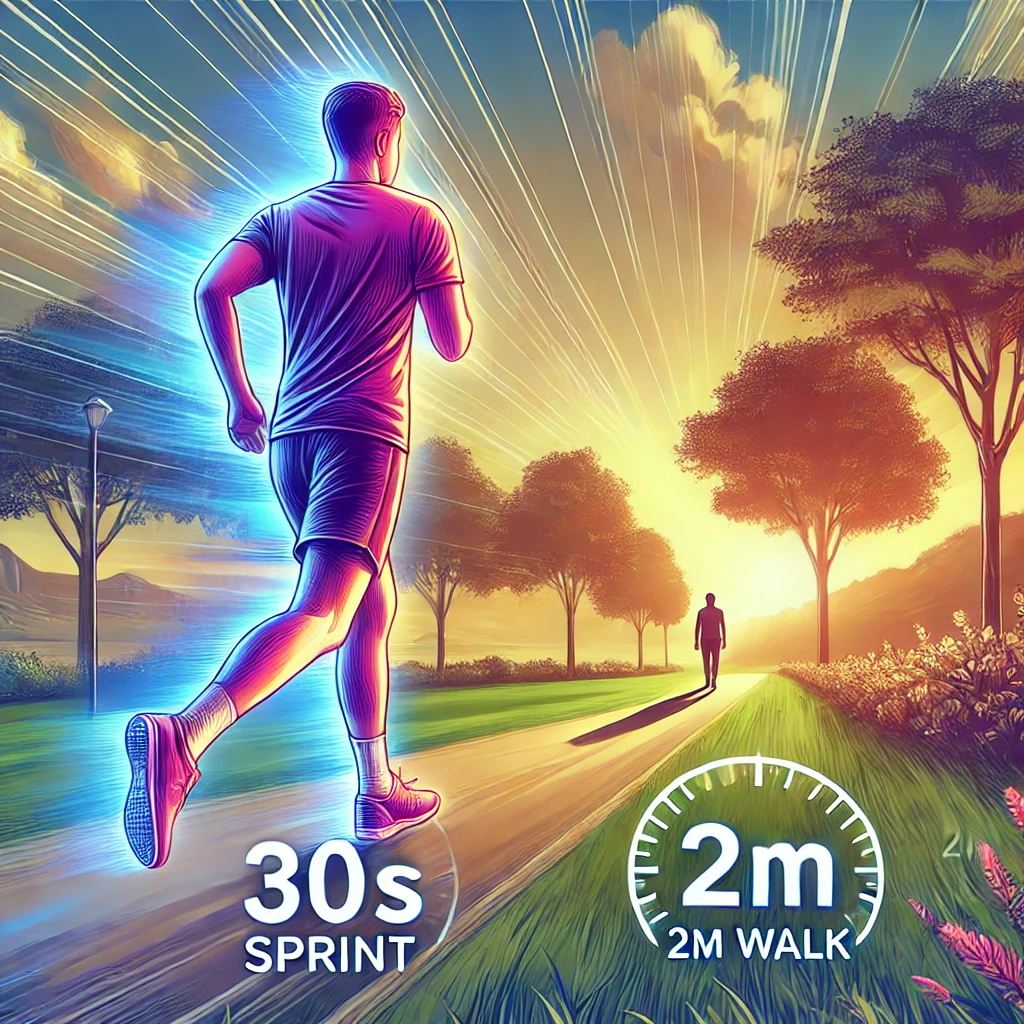Healthy exercise methods for Health
Effective Exercises for Health and Their Importance Healthy exercise methods, Exercise is essential for maintaining both physical and mental health. However, many people struggle with choosing the most effective exercises and planning their routines. In… Healthy exercise methods for Health


